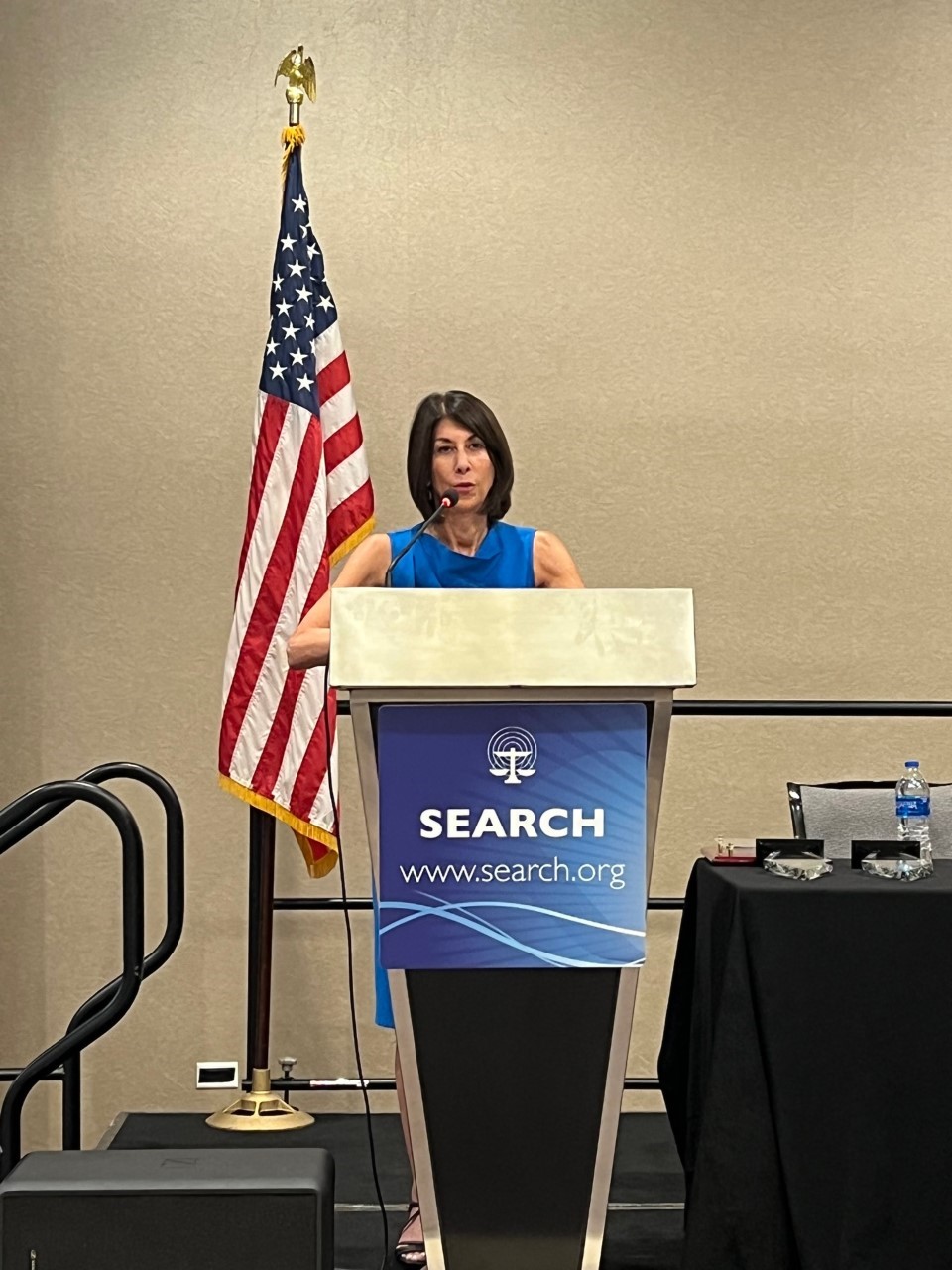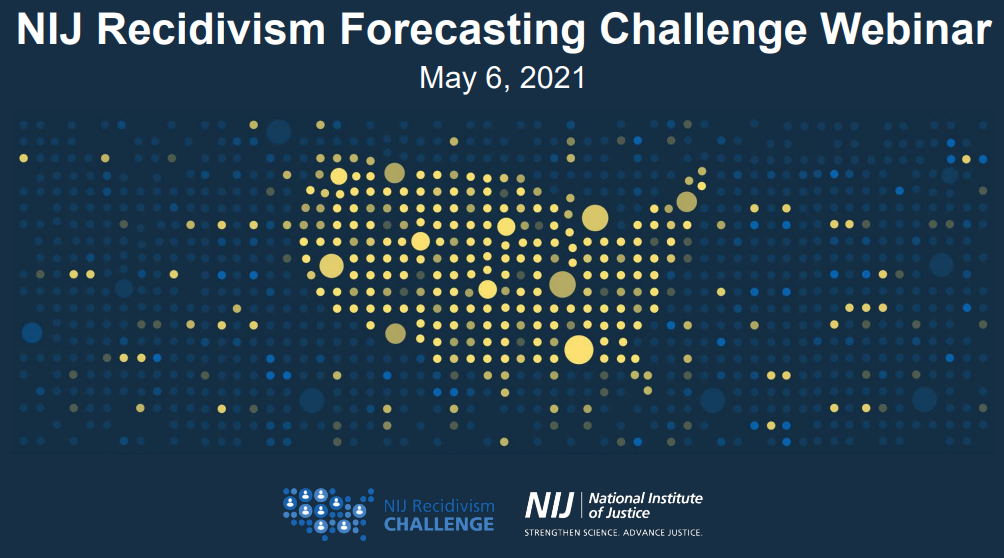Research centers
Gender-Based Violence and the Latinx Community
See the YouTube Terms of Service and Google Privacy Policy
Economic Justice for Survivors of Intimate Partner Violence
See the YouTube Terms of Service and Google Privacy Policy
An intelligent video framework for homeland protection
Criminal Justice Testing and Evaluation Consortium
A determination of the aerosolization efficiency of drugs of abuse in a eutectic mixture with nicotine in electronic cigarettes
Human Trafficking Project
Gun Wars and Community Terrorization: Investigating Longitudinal Gang Violence in New Jersey from a Networked Perspective
NIJ Multisite Impact and Cost-Efficiency Evaluation of Veterans Treatment Courts
Directory of Law Enforcement and Criminal Justice Associations and Research Centers
Taking Stock: An Overview of NIJ's Reentry Research Portfolio and Assessing the Impact of the Pandemic on Reentry Research
Over several decades, the National Institute of Justice (NIJ) has made significant contributions to the field of reentry, specifically what works for whom and when. In recent years, however, the global pandemic has made it increasingly difficult to conduct research on and with populations involved with the justice system. During this time, many researchers assessing various justice-related outcomes were unable to continue their inquiries as planned due to a lack of access to their populations of interest, forcing many to pivot and rethink their research designs.
See the YouTube Terms of Service and Google Privacy Policy
Cognitive Behavioral Theory, Young Adults, and Community Corrections: Pathways for Innovation
Assessing the Role of Immigration in the Linkage between School Safety, Education, and Juvenile Justice Contact
NIJ Co-funding for the NSF Center for Advanced Research in Forensic Science (CARFS)
Improving the Response to Victims of Child Sexual Exploitation Materials: A Multi-Method, Multi-Informant National Study
Examining Equity in State Victim Compensation Programs: A Multilevel Analysis
Building Trust Inside and Out The Challenge of Legitimacy Facing Police Leaders
In the face of budget cuts, changing workforce demands, new varieties of crime and new technologies, how should police executives manage officers and other personnel and still ensure that organizational goals are being met?
Drawing on new data from a national sample, Dr. Dennis Rosenbaum, Director of the Center for Research in Law and Justice at the University of Illinois, Chicago, discussed the latest findings...
Countering Threats to Correctional Institution Security: Identifying Innovation Needs to Address Current and Emerging Concerns
NIJ Recidivism Forecasting Challenge Webinar Transcript
Challenge has closed
Thank you to everyone who submitted an entry. Winners will be notified by August 16, 2021, and posted online.
Winners are to submit paper outlining the variables that were tested, indicating which were of statistical significance and which were not, by September 17, 2021.
DARYL FOX: Good afternoon, everyone. Welcome to today's webinar. NIJ's Recidivism Forecasting Challenge, hosted...
Microbial Clocks for Estimating the Postmortem Interval of Human Remains at Three Anthropological Research Facilities
CSSI Comprehensive School Safety Projects - Breakout Session, NIJ Virtual Conference on School Safety
On February 16-18, 2021, the National Institute of Justice hosted the Virtual Conference on School Safety: Bridging Research to Practice to Safeguard Our Schools. This video includes the following presentations:
See the YouTube Terms of Service and Google Privacy Policy
Longevity of American Terrorists: Factors Affecting Sustainability
Interagency Collaboration to Support Forensic Science Research
Expanding Research to Examine the Impacts of Forensic Science on the Criminal Justice System
In 2004, the National Institute of Justice created the social science research on forensic sciences (SSRFS) research program to explore the impact of forensic sciences on the criminal justice system and the administration of justice. Much of the early research from the SSRFS program focused on DNA processing and the use of DNA in investigations and prosecutions.
See the YouTube Terms of Service and Google Privacy Policy




